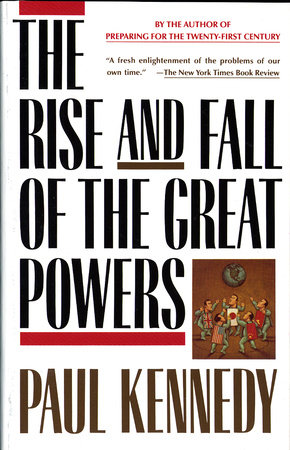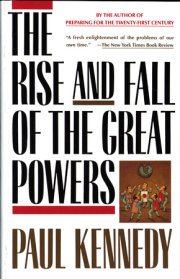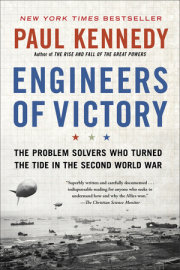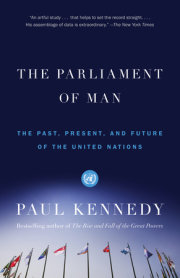Acknowledgments
Maps
Tables and Charts
Introduction
STRATEGY AND ECONOMICS IN THE PREINDUSTRIAL WORLD
1. The Rise of the Western World
Ming China
The Muslim World
Two Outsiders—Japan and Russia
The "European Miracle"
2. The Habsburg Bid for Mastery, 1519–1659
The Meaning and Chronology of the Struggle
Strengths and Weaknesses of the Habsburg Bloc
International Comparisons
War, Money, and the Nation-State
3. Finance, Geography, and the Winning of Wars, 1660–1815
The "Financial Revolution"
Geopolitics
The Winning of Wars, 1660–1763
The Winning of Wars, 1763–1815
STRATEGY AND ECONOMICS IN THE INDUSTRIAL ERA
4. Industrialization and the Shifting Global Balances, 1815–1885
The Eclipse of the Non-European World
Britain as Hegemon?
The "Middle Powers"
The Crimean War and the Erosion of Russian Power
The United States and the Civil War
The Wars of German Unification
Conclusions
5. The Coming of a Bipolar World and the Crisis of the "Middle Powers": Part One, 1885-1918
The Shifting Balance of World Forces
The Position of the Powers, 1885–1914
Alliances and the Drift to War, 1890–1914
Total War and the Power Balances, 1914–1918
6. The Coming of a Bipolar World and the Crisis of the "Middle Powers": Part Two, 1919–1942
The Postwar International Order
The Challengers
The Offstage Superpowers
The Unfolding Crisis, 1931–1942
STRATEGY AND ECONOMICS TODAY AND TOMORROW
7. Stability and Change in a Bipolar World, 1943–1980
"The Proper Application of Overwhelming Force"
The New Strategic Landscape
The Cold War and the Third World
The Fissuring of the Bipolar World
The Changing Economic Balances, 1950 to 1980
8. To the Twenty-first Century
History and Speculation
China's Balancing Act
The Japanese Dilemma
The EEC—Potential and Problems
The Soviet Union and Its "Contradictions"
The United States: The Problem of Number One in Relative Decline
Epilogue
Notes
Bibliography
Index






